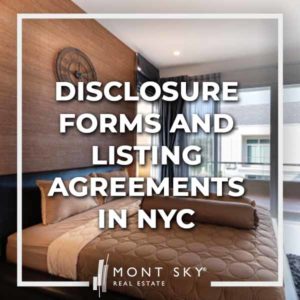Disclosure Forms and Listing Agreements in NYC
What forms do you need to be aware of as a new agent? Are you responsible for the purchase contract and other closing documentation? What disclosure forms do you need to present to clients?
This may seem like an intimidating subject to new real estate agents in NYC; however, you will learn that there is much less documentation that a real estate salesperson needs to worry about in New York City versus the rest of the country.
This is because having separate legal representation for both the seller and buyer is customary and necessary in sales transactions in NYC. Once the agents have come to an agreement in price and general terms an offer is accepted, a transaction summary (i.e. Deal Sheet) is sent out to loop the lawyers and brokers in from both sides. At this point, the lawyers generally take over during what is called contract diligence and even more so after a contract has been signed during the closing process.
In other states where purchase contracts are standardized, there is often no need for real estate attorneys and the agents do help their clients with closing documentation. However, the purchase contracts in New York City are much longer, customized and negotiable. Therefore a lawyer is necessary for your client to review, explain and negotiate the purchase contract on behalf of your client.
So what forms are you responsible for as a salesperson?
According to the New York Department of State, real estate agents should present the following standard disclosure forms upon first substantive contact with a customer:
Buyers and sellers in sales transactions: New York State Disclosure Form for Buyer and Seller
Landlords and tenants in rental transactions: New York State Disclosure Form for Landlord and Tenant




